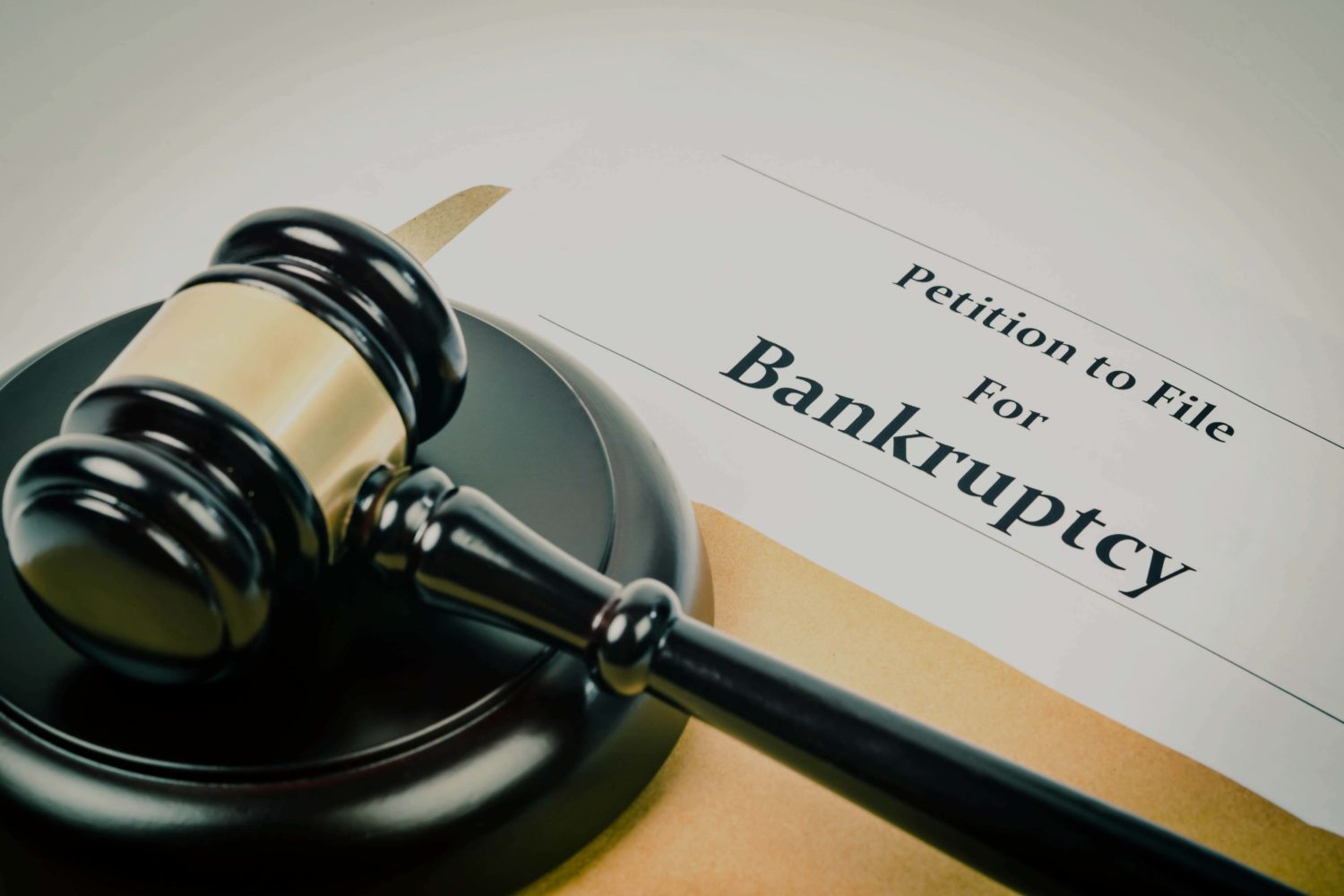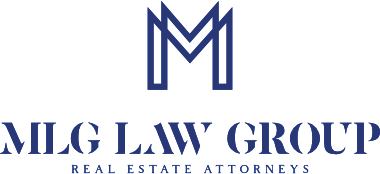
Trusted Bankruptcy Attorneys Helping Homeowners Throughout All of Southern California
Now Helping Homeowners with Debt Relief in Los Angeles, Orange, Riverside, San Bernardino, San Diego, Santa Barbara, and Ventura Counties
Bankruptcy Types Explained:
Chapter 7 "Liquidation" Bankruptcy
In a Chapter 7 bankruptcy, you are asking the Bankruptcy Court to discharge (or cancel) all of your existing debt. This includes mortgage debt, credit cards, car loans, judgments, etc. You will be given a fresh start. In exchange, you as the debtor agree to turn over all non-exempt property to the bankruptcy trustee. This will include your home, if there is equity in the home. The bankruptcy trustee then liquidates your non-exempt property in order to pay all or a portion of the existing debt. Any debt remaining after your assets have been applied to the outstanding debt is discharged.
Chapter 11 Bankruptcy (Individual or Business)
Chapter 11 bankruptcies are usually filed by businesses, but occasionally are utilized by individuals with significant assets. A Chapter 11 is not a liquidation, but rather a reorganization. If you are over the debt limit to file a Chapter 13 bankruptcy, then a Chapter 11 can be used to stop your foreclosure.
In Chapter 11, you as the debtor maintain control of the day-to-day operations of your business or your estate. However, at the same time the business or estate continues to function, the debtor, creditors, and bankruptcy trustee work with the Bankruptcy Court to establish a plan to repay some or all of the debt owed to the creditors over an extended period of time.
Chapter 13 (“Pay to Stay” Bankruptcy)
Chapter 13 bankruptcy is an option for those individuals with a steady stream of income who wish to keep their property. In Chapter 13, individuals retain their property, but must devote a certain portion of their income to the repayment of all or a portion of their outstanding debt.
Typically, the repayment period under Chapter 13 lasts no longer than 3-5 years. Therefore, we can place your mortgage delinquencies into a payment plan over the course of a 3-5 year period. Chapter 13, like Chapter 7, often does not require the repayment of unsecured debt (credit cards), and such debt is frequently discharged. What debt, if any, remains after the repayment period is over is often discharged.
Choosing Between Chapter 7 and Chapter 13 Bankruptcy
Homeowners in foreclosure can choose between a Chapter 7 and Chapter 13 bankruptcy to stop their foreclosure sale, but choosing which one depends on your intention to keep or sell your home, as well as other factors. Please contact us today at (310) 598-6212 for a full legal evaluation and to determine which chapter is right for you!
Call Today For a Free Legal Consultation (310) 598-6212 or Contact Us To Have Any Questions Answered!


